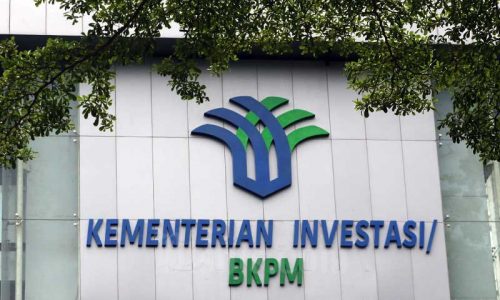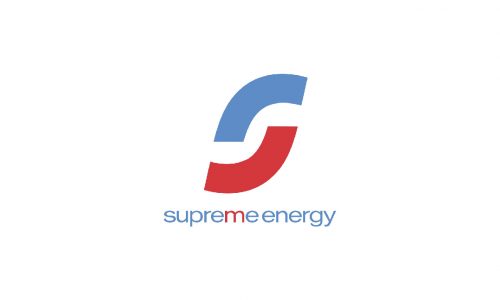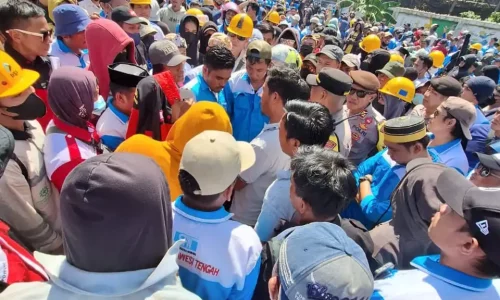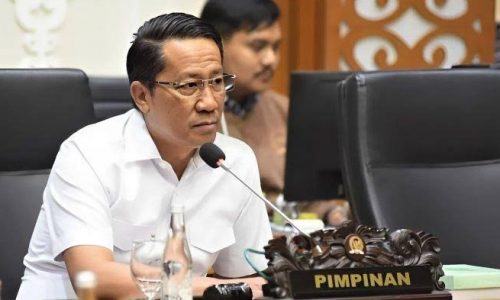Indonesia needs to re-evaluate its planning, procurement and investment processes to secure its renewable energy financing needs.
The Institute for Energy Economics and Financial Analysis (IEEFA) said that the Indonesian government has indeed issued a number of policies to increase confidence and attract investment in the renewable energy sector of up to US$146 billion. However, the reform measures have not yet borne fruit because the policies made are considered unfavorable to investors and their implementation is not good.
This is revealed in IEEFA’s latest report: Unlocking Indonesia’s Renewable Energy Investment Potential. The government currently needs financing from the private sector to achieve its 2030 climate targets. But according to the IEEFA report, highly demanding contract terms for solar and wind energy are driving up costs and discouraging private investors from investing.
“Private investors will be attracted to Indonesia’s renewable energy market if there are clear and concise procurement procedures, as well as consistent and reliable regulatory enforcement,” Mutya Yustika, author and IEEFA Energy Finance Analyst, said in a statement on Tuesday, July 23, 2024.
To this end, IEEFA recommends the Indonesian government to establish transparent and clear procurement procedures for renewable energy projects, supported by commercially balanced terms and conditions. This will provide certainty for potential private investors and ensure Indonesia is able to achieve its decarbonization targets.
This improvement is needed because renewable energy investment in Indonesia has tended to stagnate in the last seven years, despite its vast resources and strong economic growth. By 2023, Indonesia expects to invest US$1.5 billion, equivalent to an additional 574 megawatts (MW) of renewable energy capacity. Indonesia is far behind its Southeast Asian neighbors that already have considerable solar and wind energy capacity. For example, Vietnam has 13,035 MW of solar and 6,466 MW of wind energy capacity.
Policy barriers
The IEEFA report identifies a number of barriers that discourage investors from financing renewable energy projects in Indonesia. First, the obligation to cooperate with state owned power utility PT PLN and its subsidiaries with a majority shareholding of 51 percent. This policy makes PLN the de facto owner of the project, discouraging private investors. As the sole purchaser of renewable electricity, PLN’s dual role as shareholder and purchaser creates a conflict of interest.
Second, since 2017, the Indonesian government has prohibited the transfer of share ownership in renewable energy projects prior to the project’s commercial on date (COD). This policy limits the ability of private investors to acquire additional capital and technical expertise during the project development process. Third, to ease the financial burden on PLN, the government established a ‘delivery-or-pay’ scheme with a contracted volume of energy that renewable energy projects must produce each year.
“Under this scheme, private investors will be penalized if they fail to meet the requirements of energy availability or capacity,” Mutya said.
Fourth, despite many calls for the implementation of feed-in tariffs, the government has instead set a ceiling tariff scheme for renewable energy. As a result, the auction process will select the independent power producer (IPP) that offers the lowest tariff, making it difficult for investors to achieve profit targets. This makes new project auctions unattractive.
Another obstacle is that there is no transparency in the auction process for renewable energy projects held by PLN, namely through direct appointment and direct selection. Referring to Presidential Regulation No 112 of 2022, the auction process should last for 90 days for direct appointment and 180 days for direct election. However, there is no guarantee that the auction process will take place according to the provisions, it can even be postponed or canceled without explanation. Investors who have incurred costs for auction preparation, preliminary studies, bid bonds, and legal documents, should record them as sunk costs.
“ One-on-one negotiations, unclear timelines, and unapproved projects weaken the procurement process, leading to lower investor interest,” Yustika said.









